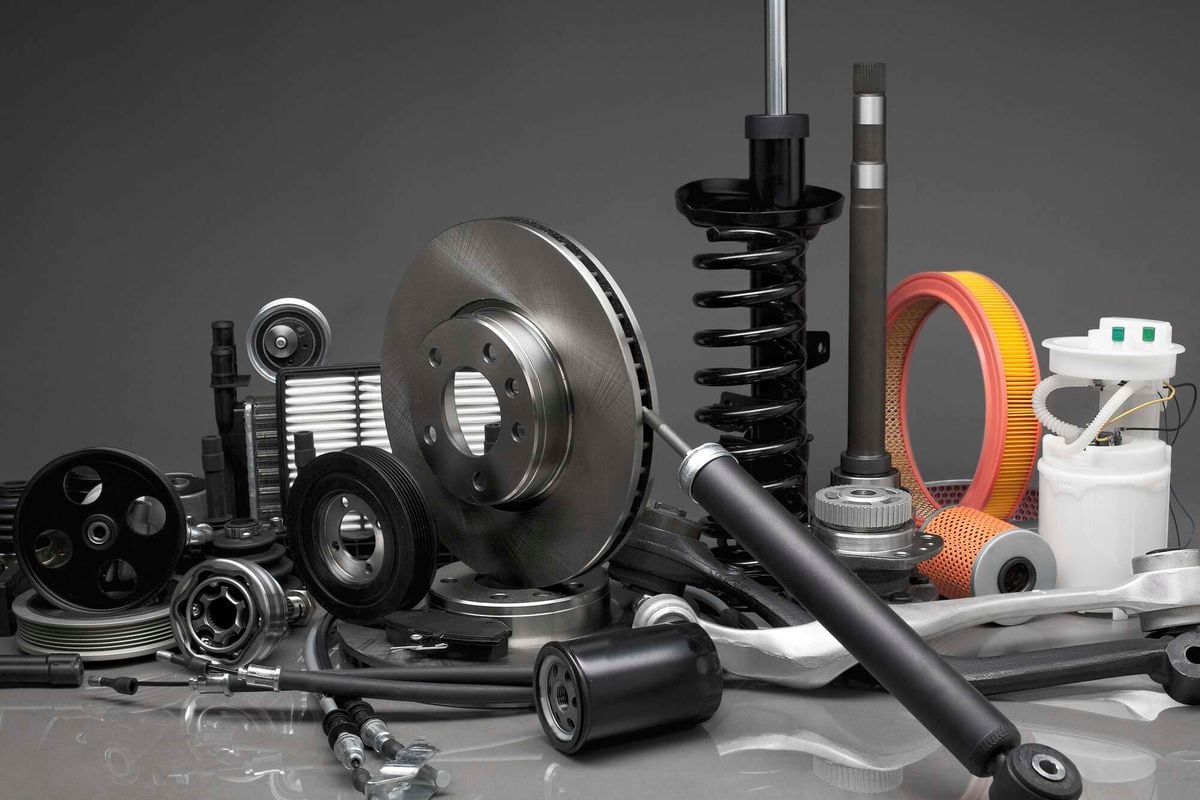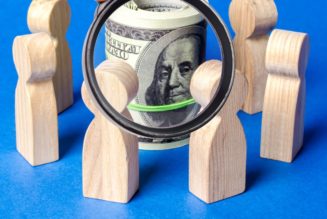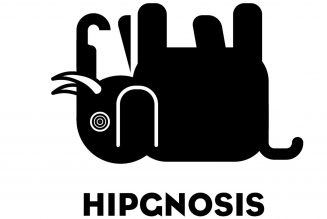
I have noticed a big difference in the pricing of spare parts. Why are genuine parts so much more expensive than independent brands? — Many readers
A less well-documented motoring stress is “Spare Parts” Rage which, given my vague association with motoring matters, is often reported to me.
Angry faces suddenly appear in the empty space I was hoping to draw my next breath from, and in an explosion of noise, flashing teeth, prodding fingers and sometimes a shower of indignant moisture I am told that official motor agents deserve to be fed rolls of barbed wire…and prunes!
But of course, they do, I say, with drawing pins in whipped cream for dessert followed by an all-body massage with a cactus plant. But why?
Everyone understands that the genuine part is probably better quality and is likely to cost (and be worth) more. Double, even. But not five or ten times as much!
There are certainly cases where this difference is an outrage, but in the great majority of instances, the part is NOT the same. As a parallel, you can buy an “Omega” watch made in the Far East in your local duka for about Sh1,800. For a while, it tells the time well enough. Or you can buy an Omega watch from a reputable jeweller and it tells the time, for a very long time, very well indeed. For Sh180,000.
To cut many, many, long, long stories short, a genuine spare part on which all the proper duties and taxes have been paid by the official agent is more expensive than a bandit part in a back-street duka that regards taxes as a scam by printers to force everybody to buy two ledgers.
There may be many reasons why official agents deserve to have their teeth brushed with a Brillo pad and a fire hose, but the fact remains that genuine parts are more precisely machined using better materials and cost more to make; their agents are obliged to stock a greater volume of a wider range of spares, both fast-moving parts with a high turnover and slow-moving parts which have an onerous stock cost. They do make a long-term commitment to do so, they do carry a higher overhead, they do pay better wages, and most of the parts they stock are genuine (OE) and carry a warranty.
Their pricing “margins” on parts are much higher because they must be. New car prices are restrained by fierce competition between makes, and margins must be reduced to capture customers. In contrast, customers for their genuine parts are a “captive” market.
Inevitably, genuine parts prices will be higher than those of a freelance operator who stocks only fast-moving parts, usually of counterfeit brand, invariably of lower quality, and almost always without a warranty or much tax element in their acquisition or cost of sale.
What the customer should perhaps celebrate is that he has the choice. No one is forced to use an official agent or to buy a genuine part. If you think the Sh5,000 part is better “value” than the Sh20,000 part, go right ahead.
Experience shows that in many cases the cheaper option is a false economy, calculated in kilometres per shilling of reliable service life.
Safety critical
That does not apply to all parts of all brands, of course, but there is another dimension if the part is “safety-critical” or “consequence-critical”.
A safety critical part is one where failure does not just cause a breakdown – it causes an accident. Steering and brake components top this list. A consequence critical part is one where failure doesn’t just mean replacement of the part itself – it damages something else. An oil filter, where failure can damage or destroy a whole engine, is an example.
Where safety or consequence are involved, fitting a part is like firing a gun. If you use a bandit part, you don’t know which way the barrel is pointing when you pull the trigger. It might be aimed right between your own eyes.
So, you have the choice that has always been there since Highways (and Highwaymen) were first invented: “Stand and deliver, your money or your life.”









